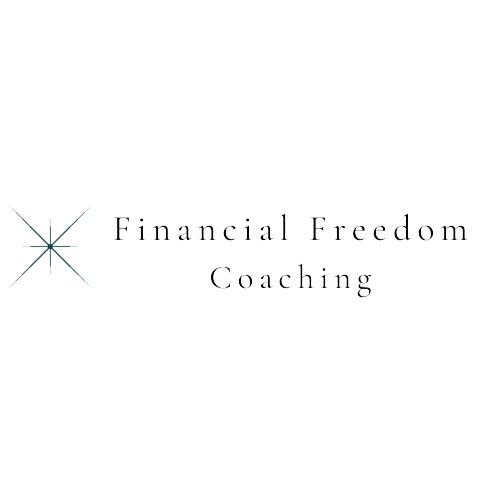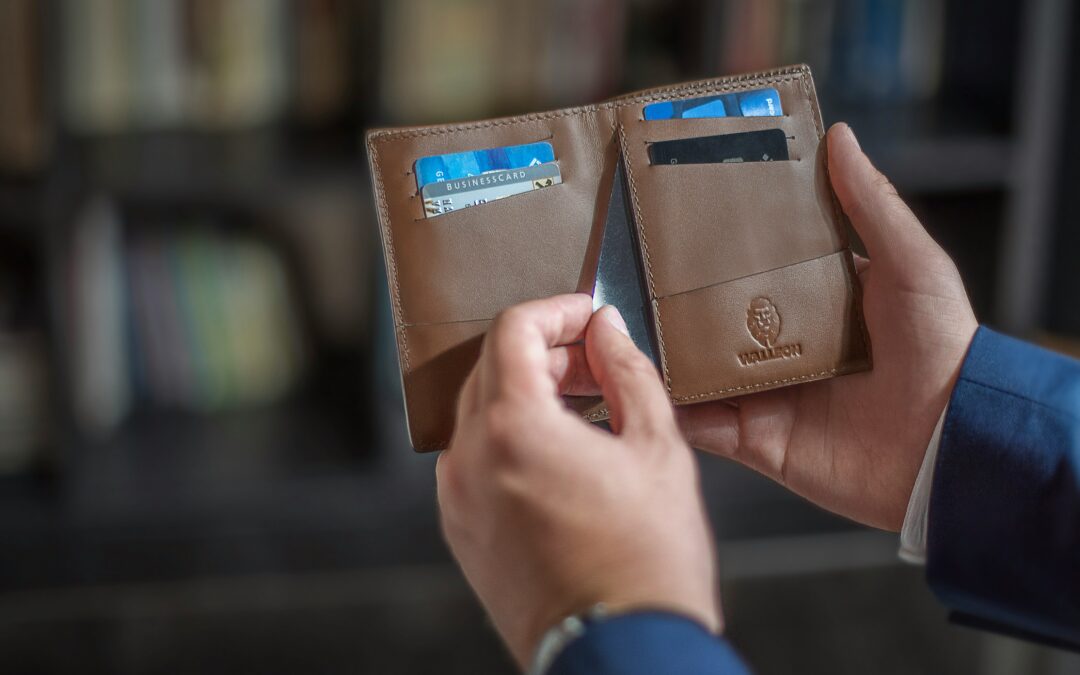According to data released by the Federal Reserve, credit card balances declined by $14 billion in the first quarter of 2024 to $1.12 trillion.
Even with the decline, that is still a lot of money, $1.12 trillion dollars, or $1,120,000,000,000.
Paying off credit card debt requires some work, but in the long run it is worth it and will save you hundreds, if not thousands.
Tips to Paying Off Credit Card Debt
Stop Using Your Credit Card
In order to pay off your credit cards, you need to stop using them. Otherwise, they continue to be a revolving door, payment, charge, payment, charge, and you don’t ever reduce the overall debt of the credit card.
Remove the cards from your wallet. If you decide to keep them, store them in a safe place. You can also call the credit card company and cancel the cards so you are unable to use them. Then you can focus on tackling the debt without adding to the debt.
It is also important to remove the card from saved places, like online shopping where you have saved your card for later, or virtual wallets. You are less apt to use the card and or impulse buy something because you don’t have the card available for the purchase. It will help you get out of the “buy it now and worry about the payment later” mindset.
Create a Strategy for Payments
There are a couple different ways you can go about paying off your credit card debt. If you have more than one card you can go at it a few ways. You could focus on the lowest balance card first or the highest interest card first.
Option 1: Paying smallest balance first
Paying off the lowest balance card can give you the motivation to keep going. As you see that balance getting smaller and smaller and eventually gone completely it can give you the momentum to keep tackling the other debts. As you do this, make sure you are still paying the minimum balance on the other cards to keep them current and avoid additional penalties and fees.
Option 2: Paying the highest interest rate card first
Make sure to pay the minimum balance due on all the other cards and focus on putting any extra funds to this debt. It may take longer to pay off the debt, but you will save money on interest over time.
Which method should I use to pay off debt?
Pay the lowest balance first if you want the quick wins and eliminate payments to multiple credit cards. Once you pay off one card, put those monies towards the next credit card, doing so until you have completely paid off all the debts.
Use the high interest repayment method if you wan to save the most money in interest over the long term.
Either option has value, so determine what is going to be best for you. Having a quick win and eliminating a debt, or would it feel better to eliminate the one that is costing you the most in interest long term?
Whichever one you choose, make sure you stick with it, use the method that will be doable and sustainable.
Make the Best Use of “Extra” Funds
If you receive a bonus, overtime pay, tax refund, or even have extra money left over at the end of the month, instead of spending it, apply these funds to your credit card debt. Do so will speed up your repayment time and save you money in interest.
Contact the Creditor
Many credit card companies will work with you on a repayment plan. You will have to reach out them and discuss your options with them. Some may offer credit card consolidation or transferring balances to a lower interest rate card.
When doing this keep in mind that there are at times fees for balance transfers. Something else to watch out for is the trap of knowing that the balance is on a 0% interest card, you may be less apt to focus on paying off your debt. In the long run this will cost you more money. When the term for 0% interest runs out you could be facing a hefty amount of interest for any balance still open.
Lower Your Living Expenses
As you work on paying off your debt, looking at your living expenses and reducing them can help you free up money to put towards eliminating your debt. Check out these blogs for money saving ideas: Five Money Saving Tips and How Can I save Money? – Four Money Saving Tips for ways to reduce expenses.
Get Help and Get Out of Debt
Are you ready to get out of debt for the last time?
If you want to get out of debt for good and stay out of debt, you have to learn to have a plan for your money and to follow your plan. Having a plan removes the unwanted stress, anxiety, and mental energy over your money. When you have a Flexible Money Management Plan you stop making emotional and often spontaneous money choices.
It is time to create a Flexible Money Management plan that is doable and sustainable. I will teach you how to follow a plan for your money and you will stop feeling stressed, anxious, and out of control when it comes to your debt.
Schedule your FREE consultation call HERE!

